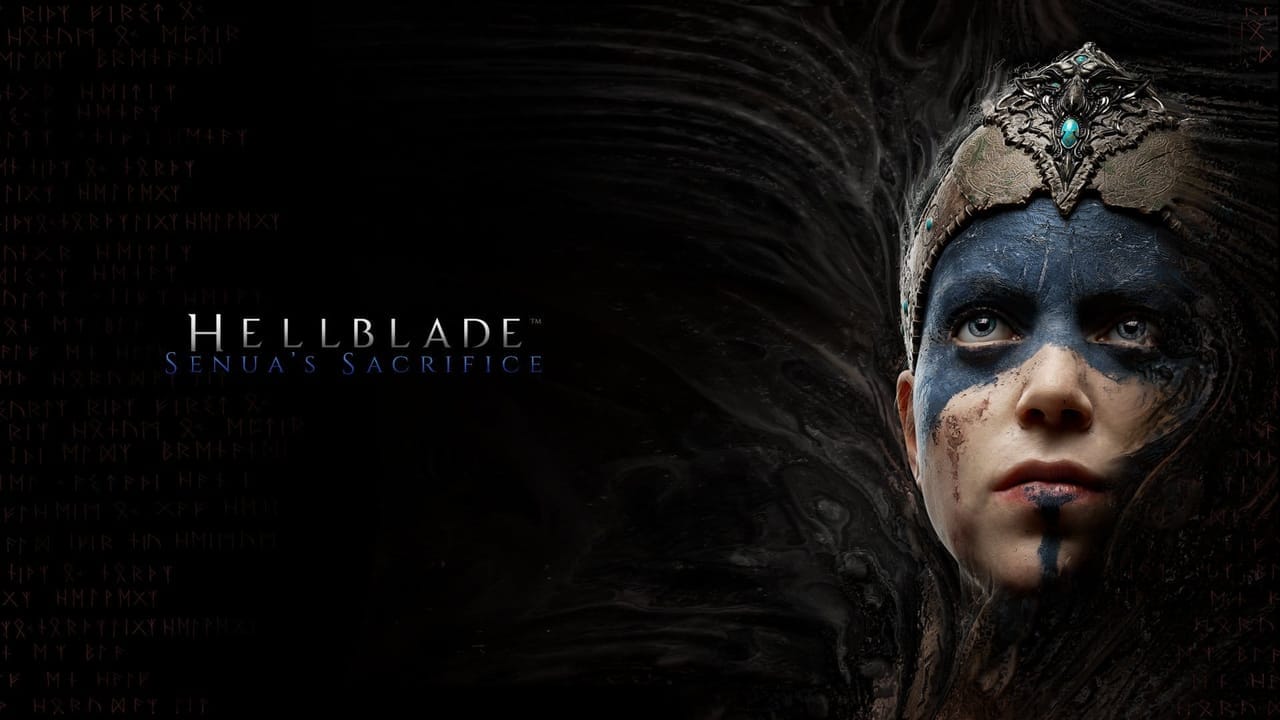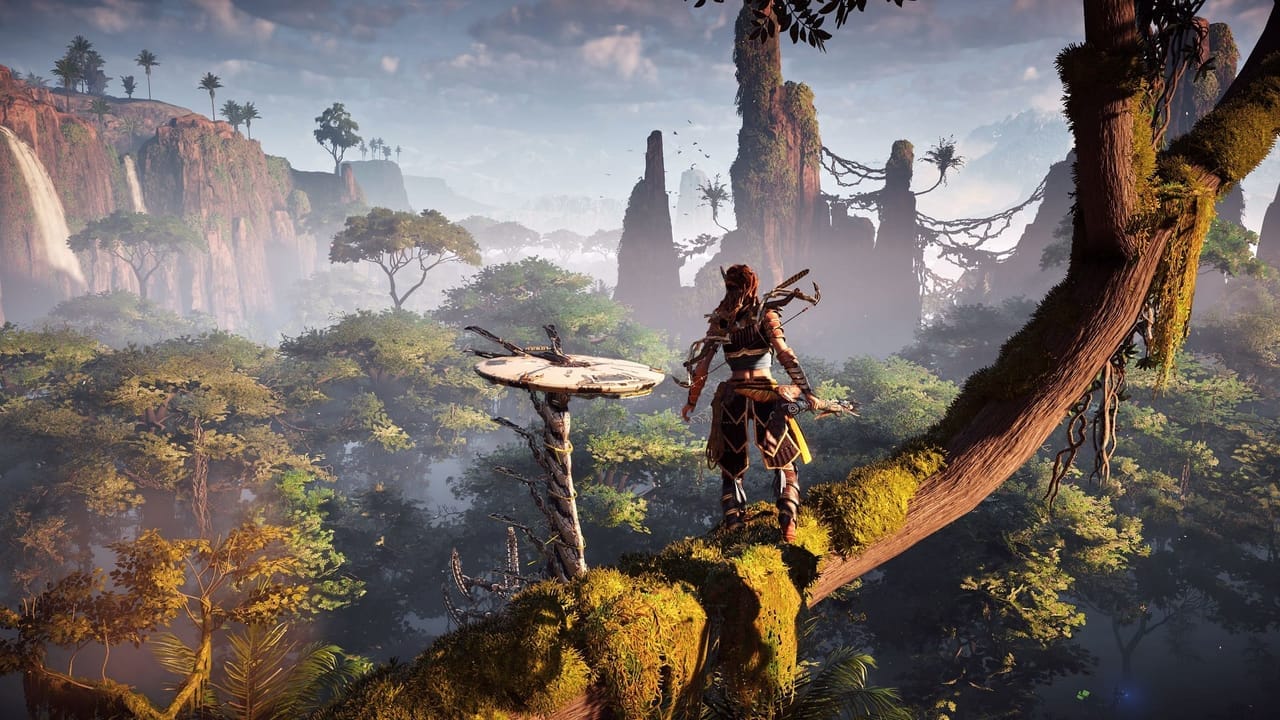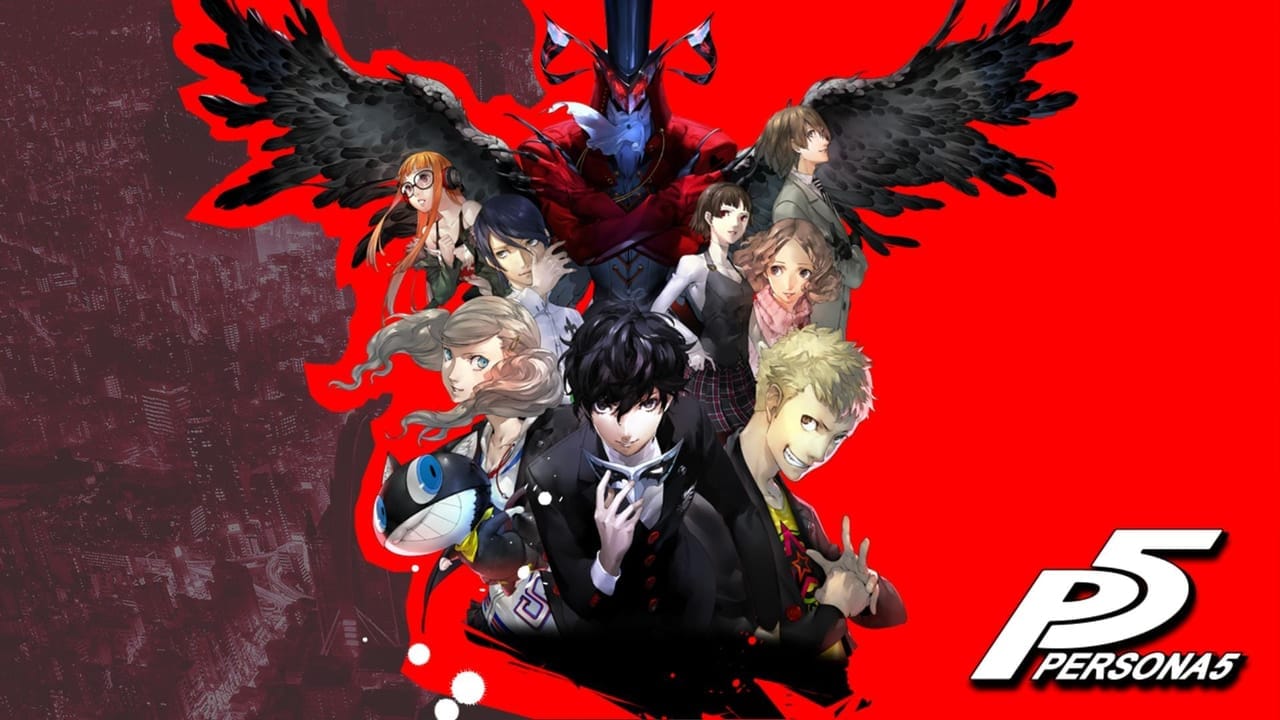Video game writing has come a long way for most titles. There has always been great examples of excellent writing throughout gaming history, but the quality across the board for your average game has increased dramatically. 2017 saw great examples of writing in games of all shapes and sizes, as seen in our five nominees.
Here's the list of nominees (and here's the list of nominees for all categories):
- Divinity: Original Sin II (Our Review)
- Hellblade: Senua’s Sacrifice (Our Review)
- Horizon Zero Dawn (Our Review)
- Night in the Woods (Our Review)
- Persona 5 (Our Review)
Readers' Choice - Horizon Zero Dawn
Horizon Zero Dawn got a lot right, delivering one of the best AAA experiences of the year. That is due in no small part to the excellent writing by Guerrilla Games. From the characters, Aloy in particular, to the worldbuilding, Horizon Zero Dawn is an enthralling experience from beginning to end. The setting is a believable one and the backstory for why the world is in the state it is now is just as interesting as the one surrounding Aloy herself. There's no real surprise that our readers recognized Horizon Zero Dawn's biggest strength.Third Place - Hellblade: Senua's Sacrifice

By Sam Guglielmo
Mental illnesses is one of the most insanely difficult subjects to tackle in any medium. Video games are a step above that, as making an illness “playable” calls into question whether you’re portraying it accurately and respectively. Of course, the last thing you want to do is insult anyone with the illness while spreading more misinformation about an already muddy subject.I first had the feeling that Hellblade: Senua’s Sacrifice was going to portray mental illnesses correctly when the opening credits came through and the first person thanked was the mental health consultant.
Senua suffers from psychosis, which causes her to hear voices and see faces where they don’t belong. These voices, in turn, all speak over each other to tell Senua how they feel about her. It’s usually not a great thing. Climbing ladders to hear voices complain about their fear of heights, mock Senua for going the wrong way, tell her that her journey to bring her beloved husband back to life is pointless, and more. These voices comment on everything, like a group of twisted critics that just want to see Senua fail. Sure there’s a couple of useful ones in there, begging you to get up when you’re hurt, but these voices are so prevalent over the course of the game that you’ll need to learn to isolate and ignore them, no matter how stinging their comments may be.
The writing and handling of this one element alone is all Hellblade really needs to push the envelope, though Senua’s main quest is equally fascinating, and learning her history, how she came to love her husband Dillion, and of the people that raised her and tried to deal with her mental illness is genuinely heartbreaking at times.
Hellblade succeeds at making each element unique and well-written, and is very much worth playing for anyone who wants to see a serious take on mental illnesses in gaming.
Second Place - Horizon Zero Dawn

By Matthew Arrojas
From the moment Horizon Zero Dawn was announced, PlayStation owners had a lot of questions about the game's setting. Mainly, what's up with the robot dinosaurs?It turns out the answers were far more interesting than anything I could have come up with. Throughout the entire campaign I was itching to learn more, not only about the robot dinosaurs, but about everything else the game introduced.
Perhaps most surprisingly is the fact that in such a fantastical world where advanced tech meets primal civilization, Guerilla Games got me to care not only about the robots but about the characters and tribes that populate the world, too. Aloy herself is an engaging character to play as, with motivations that make her feel like an actual character and not just an empty avatar for the player.
The present world of Horizon also feels like a fully fleshed out setting. Each tribe feels distinct, and each area has its own history to be uncovered, making exploration feel all the more rewarding.
However, all the above details pale in comparison to how the game expertly reveals the story of how the world of Horizon came to be. Aloy slowly discovering the secrets of Faro Automated Solutions was what drove me to finish the game, to the point that I would do only story missions just to find out what happened next. I stand by that this is secretly one of the best science fiction stories in years.
I came to Horizon Zero Dawn to fight robots and explore the open world. I stayed for the game's expertly crafted narrative.
Winner - Persona 5

By Robert Scarpinito
In a year of games dominated by sprawling open worlds and action games, it would be easy to forget about turn-based RPGs altogether, but Persona 5 stands tall as a stellar reminder that some of the best games don’t always need to be played in real time. To be fair though, Atlus’ black-and-red RPG wouldn’t even be in end-of-the-year conversations without its fantastic writing. Within the first minutes of booting up, the story presents itself in a way that instantly hooks you by putting you in the shoes of the main character in the middle of escaping a casino after a heist. The escape ends in failure, and your protagonist is placed in jail for questioning. A majority of the story is told during the interrogation, led by the skeptical, inquisitive Sae Niijima. It’s a daring moment that serves both as a climax partway through the story and as a great setup to a story that is mostly told in flashback.
However, to say that knowing the eventual destination of the story takes away from any sort of surprise would be grossly misleading. Up until the point where the story catches up with the interrogation, each dungeon serves almost as a character study of each new party member and their situations in life. You get to see these characters at their worst for a myriad of reasons, making their transformations into strong, spirited Phantom Thieves all the more satisfying. Each member of the main cast is likeable in their own right, especially after they join your roster. They all have clever writing behind them, making each one distinct and immediately recognizable, and no one feels like a stepping stone for some higher purpose.
After the interrogation is where the quality of writing really kicks into high gear. No spoilers of course, but the story goes to unexpected places, pushing itself to ask larger questions about free will and a person’s place in society at large. The entire sequence leading up to the final battle can be stressful not just in terms of gameplay but also in what’s at stake in the story. But this pressure makes the catharsis at the last moment all the more relieving. The twists are well earned, and they’re set up in a way that will satisfy both longtime Persona fans and first-time players.
On a final note, it’s not just the big story events that Persona 5 does well. Like previous titles in the series, the little moments are given the right amount of attention and care to make them memorable. The different journeys to build up social links with all the confidants are paved with wonderfully relatable, human moments. It’s a lot to ask someone to play a game for more than 90 hours to fully experience the story, but Atlus consistently delivers on giving you a reason to stick around that long.
What did we miss? What did we get wrong? What game would have won the award for you?Have a tip, or want to point out something we missed? Leave a Comment or e-mail us at tips@techraptor.net
